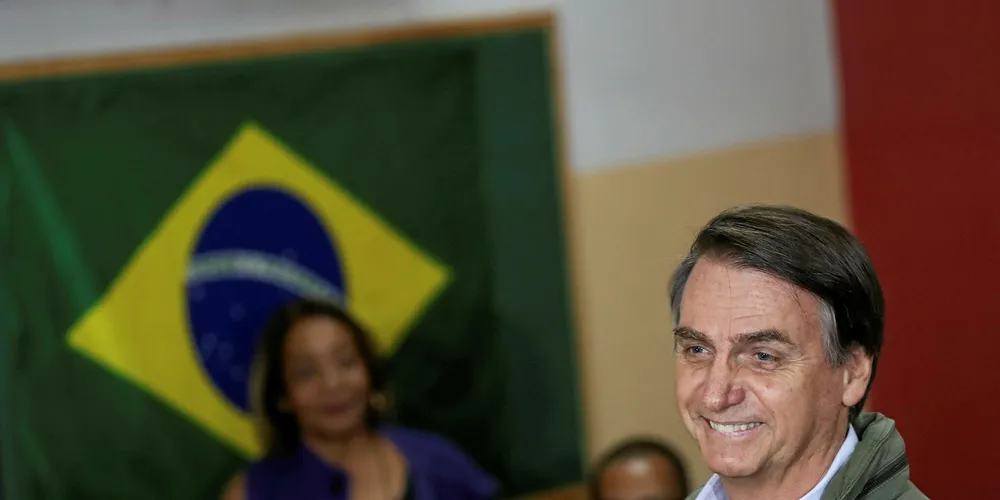Brazil's renewables seek continuity beyond Bolsonaro rhetoric
DISPATCHES | Wind and solar's track record of jobs and growth may spare them the attention of a President whose words spell fear for many, writes Alexandre Spatuzza

DISPATCHES | Wind and solar's track record of jobs and growth may spare them the attention of a President whose words spell fear for many, writes Alexandre Spatuzza
